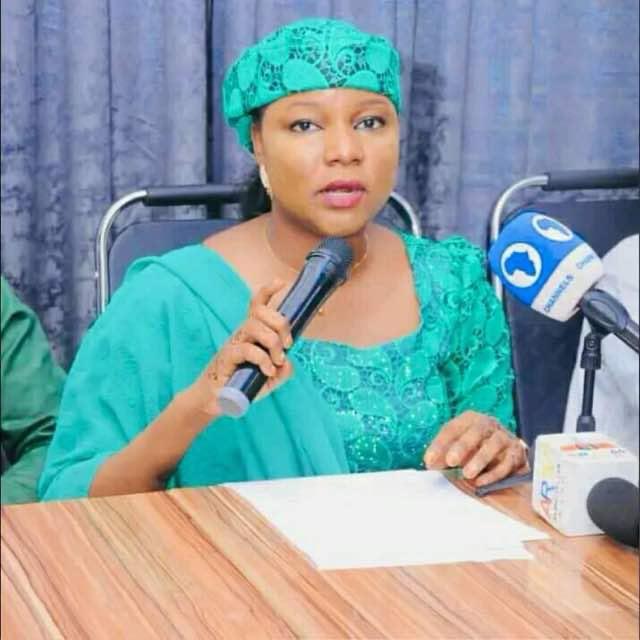By Zainab Nasir Ahmad,
Youth Advocate and Development Practitioner
As a daughter of Kano, it deeply saddens me to witness what our beloved city has become. This is not the Kano I grew up in. Not the city of peace, tradition, and unity I once knew — but a place slowly being overtaken by political distractions and cultural confusion. The ongoing tussle over the Kano Emirate is more than a legal issue; it is a threat to the soul of a people and the legacy of a revered institution.
When I think of Kano, I remember a city bound together by shared values and heritage. Our lives were enriched by tradition — not just the clothes we wore or the language we spoke, but the values we held dear. The Emir was not just a traditional ruler. He was a father to all, a voice of reason, and the moral compass of society. His role transcended politics and spoke to something deeper — our identity.
The Sallah season brought this identity to life in grand fashion. As children, we looked forward to the durbar the way others might anticipate Christmas or Eid gifts. We watched in awe as majestic horsemen galloped through the city, adorned in flowing robes and shimmering turbans. We imitated them with sticks and brooms, pretending to be royal guards, filled with admiration and pride. Those moments weren’t just playful — they were formative. They taught us about legacy, honor, and community.
But now, our children are witnessing something entirely different.
They see palaces sealed by security forces. They hear adults arguing over who the “real” Emir is. They scroll through social media filled with insults, threats, and conspiracy theories. What should be a time of reflection and joy has become a period of tension and anxiety. What message are we sending them? That tradition is disposable? That leadership is a prize to be fought over in public?
The ongoing crisis has caused a sharp divide not only within the royal family but across the entire state. Communities that once stood shoulder to shoulder during times of celebration are now being drawn into camps of loyalty and suspicion.
Let me be clear: this is not about taking sides. Both men are respected sons of Kano, each with his own contributions and following. But what matters most right now is not who occupies the royal seat, but whether the institution itself can survive the storm with its dignity intact. The Emirate is bigger than any individual. It is an embodiment of centuries of governance, culture, and moral leadership. To reduce it to a political chess piece is to risk irreparable damage.
We must also remember that the Kano Emirate has historically been a stabilizing force. During colonial times, through independence, and into modern Nigeria, the Emir played a crucial role in mediating conflicts, guiding religious discourse, and promoting civic values. His presence was a calming influence in times of unrest — something sorely needed in today’s Nigeria.
But now, the symbolism of the Emir has been weakened. The traditional palace — once seen as the heartbeat of Kano — has become a contested space. Courtrooms have replaced dialogue; political interests have replaced communal harmony.
The consequences of this are dire. When youth lose faith in their culture and leaders, they look elsewhere for belonging — sometimes in dangerous places. We are already battling social vices, drug abuse, unemployment, and radicalization. The last thing Kano needs is further fragmentation. What message are we sending to a generation that is already struggling to find its place in society?
This is why I am calling on all stakeholders — political leaders, royal families, community elders, religious scholars, and the judiciary — to exercise restraint and wisdom. Let us not allow ego, power, or revenge to drive decisions that will shape the future of our people for decades. Let us return to the culture of consultation, dialogue, and compromise that once defined Kano’s greatness.
The Kano I grew up in believed in peace, dialogue, and dignity. We must not let that Kano be lost in a tide of conflict and confusion. We owe it to the past — and we owe it even more to the future. Youth and children deserve to grow up believing in something stable, sacred, and honorable.
They deserve to celebrate the durbar with joy, not uncertainty.
Let us not fail them.
Zainab Nasir Ahmad is a youth advocate and development practitioner based in Kano. She works on issues related to social justice and youth empowerment


